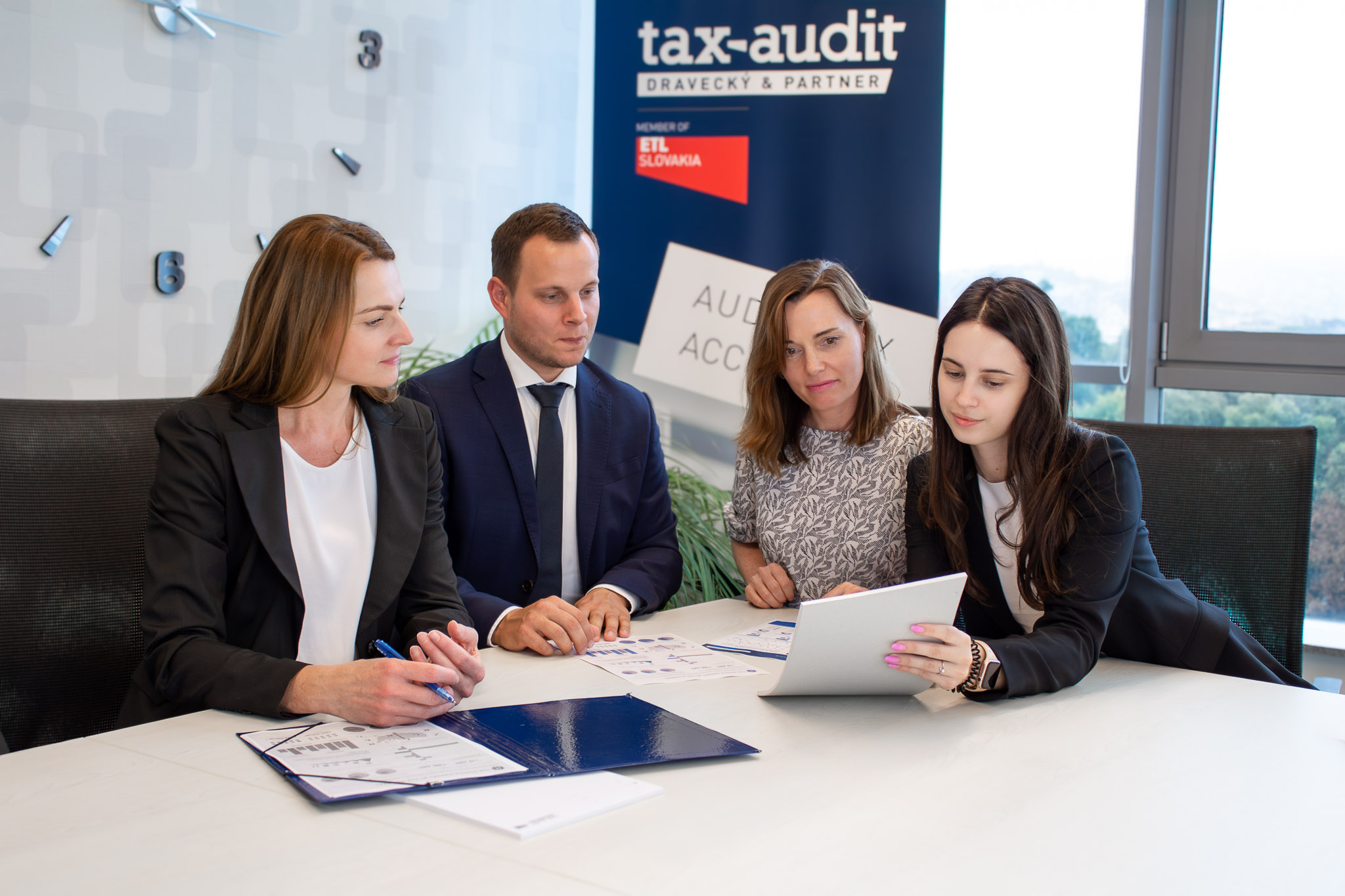If you earn income through digital platforms, such as OnlyFans, Sashe, YouTube, Vinted, Airbnb, or Patreon, it is high time to pay attention to your tax obligations. The Financial Administration of the Slovak Republic is already actively sending notices and conducting tax audits on individuals who have not fulfilled these duties.
The reason for this is the implementation of the DAC7 directive, which obliges digital platforms to automatically report information about their users' income to the tax authorities in their countries of tax residence. As a result, the Slovak Financial Administration has access to specific data on citizens' income and is using it to issue notices, conduct verifications, and assess additional taxes.
Who is on the Financial Administration’s Radar?
Increased scrutiny from the tax administrator can be expected, especially by:
- Digital content creators (e.g., OnlyFans, YouTube, Twitch)
- Sellers of handmade products (e.g., Sashe, Etsy)
- Property lessors (e.g., Airbnb, Booking)
- Individuals selling through bazaar platforms (e.g., Vinted, eBay)
- Drivers and service providers (e.g., Uber, Bolt)
- Generally, this applies to anyone who earns income through digital platforms.
What Are Your Tax Obligations?
Income from digital platforms is taxable, and earning it brings several legal obligations:
- Include the income in your tax return: even one-off and smaller incomes are subject to taxation.
- Register as a self-employed person if the activity is continuous, repeated, and carried out to generate profit.
- Register for VAT purposes under §7a or §4 of the VAT Act.
- Keep evidentiary records of all income and expenses: this especially includes statements from platforms, invoices, expense receipts, payment confirmations, etc.
In the event of a tax audit, the taxpayer must be able to prove the origin of their income, the eligibility of their expenses, and the correct tax classification of their transactions.
Income Can Also Be Optimized
Income from digital platforms can also be legally optimized, for example, through:
- The application of flat-rate expenses (e.g., 60%, up to a maximum of €20,000 for creative activities).
- Choosing a suitable business structure (self-employed vs. LLC).
- Proper timing of income and the conclusion of contractual relationships.
- Utilizing exemptions or exceptions under the Income Tax Act.
It is advisable to address optimization before the income is generated, not retroactively.
Why Act Now?
The Financial Administration has access to specific data from digital platforms. If you have not been fulfilling your tax obligations, a notice or audit could arrive at any time.
The consequences can be severe:
- Fines.
- Interest on late payment for unpaid tax.
- Risk of criminal liability, especially for intentional concealment of income or repeated violation of obligations.
What to Do If You Haven’t Declared Income (Past Periods)
If you have earned income through digital platforms in the past and this income was not properly taxed:
- Assess the scope of the undeclared income and the periods it concerns.
- Consider filing a supplementary tax return.
- Evaluate the application of flat-rate expenses, actual costs, or any applicable exemptions, provided the conditions are met.
Timely and voluntary disclosure can significantly reduce the risk of penalties and additional tax assessments.
Considering Earning Income from Platforms?
Prepare in Advance
If you are considering earning money through digital platforms, it is wise to prepare the tax and administrative aspects in advance:
- Consider whether the income will be one-off or continuous and choose the correct business form accordingly.
- Pay close attention to records and bookkeeping: e.g., statements from PayPal, Stripe, and the platform, as well as expense receipts.
- Monitor your turnover to know when the obligation to register for VAT may arise.
- Address your tax and social security obligations continuously, not retroactively.
Income from digital platforms is no longer anonymous or invisible.
It is under the scrutiny of tax administrations throughout the EU. Whether you have failed to meet your obligations in the past or are just preparing for a new online business, a timely and correct setup can save you not only money but also a great deal of unnecessary complications.
Be the first to know about the latest information from the world of taxation, accounting and auditing.













































